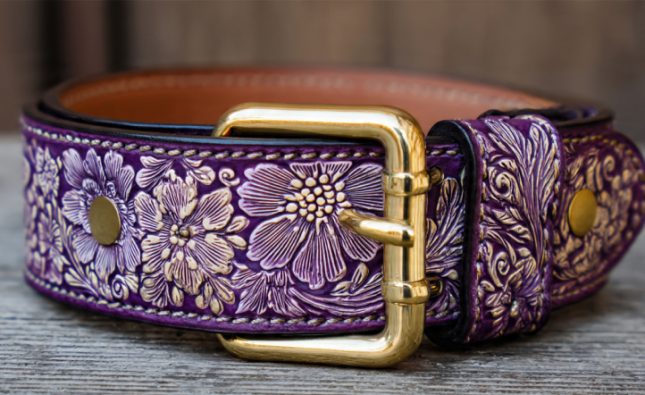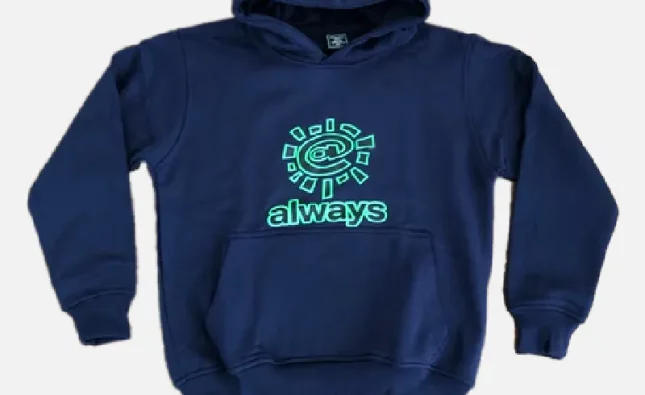
Dating after divorce at 40 can feel like embarking on a journey through uncharted territory. It’s a time of rediscovery, where individuals find themselves navigating the waters of romance once again. At its core, dating after divorce at 40 is about seeking companionship, connection, and perhaps even a second chance at love. In this article, we’ll explore the unique challenges and opportunities that come with pursuing faith-focused relationships after divorce.
Challenges: Embracing Change
The transition from married life to singlehood is seldom easy, especially for those having divorce in their 40s. Adjusting to single life entails a period of introspection and adaptation. From redefining one’s identity outside of the marriage to coping with feelings of loneliness, the journey is rife with challenges. Additionally, finding partners who share similar values and beliefs, particularly within a faith-based context, can prove to be a daunting task.

Faith-based Dating: Anchoring Relationships in Belief
For many individuals, faith serves as an anchor in the tumultuous sea of post-divorce dating. Faith-based relationships prioritize spiritual compatibility and shared values, offering a solid foundation for lasting love. By seeking partners who share their religious beliefs and moral convictions, individuals can embark on a journey of faith-focused romance guided by God’s wisdom and grace.
Overcoming Obstacles: Healing and Rebuilding
Before diving headfirst into new relationships, it’s essential to address the emotional wounds left behind by divorce. Healing from past hurts requires time, self-reflection, and often, professional support. Rebuilding trust in oneself and others is paramount for fostering healthy connections in the future. By embracing forgiveness, self-love, and resilience, individuals can pave the way for a brighter romantic future.
Communication: The Key to Connection
Effective communication lies at the heart of any successful relationship, especially in the aftermath of divorce. Honest dialogue allows individuals to express their needs, fears, and expectations openly. Active listening and empathy foster understanding and connection, laying the groundwork for meaningful relationships built on trust and mutual respect.
Boundaries: Nurturing Self-Worth
Establishing healthy boundaries is essential for safeguarding one’s emotional and physical well-being in relationships. Setting clear boundaries communicates self-respect and ensures that personal needs are met. By delineating expectations and limits, individuals can navigate dating dynamics with confidence and integrity, honoring their worth as beloved children of God.
Meeting New People: Exploring Opportunities
Meeting potential partners can be an exciting yet challenging endeavor, particularly for busy single parents or career-focused individuals. Engaging in social activities, joining faith-based communities, or exploring online dating platforms can provide opportunities to connect with like-minded individuals. Embracing new experiences and stepping outside of one’s comfort zone can lead to unexpected encounters and meaningful connections.
Online Dating: the Digital Realm
In an increasingly digital age, online dating has become a popular avenue for meeting new people. While it offers convenience and accessibility, online dating also comes with its own set of pros and cons. From expanded dating pools to the risk of encountering dishonesty or deception, navigating the digital dating landscape requires caution and discernment.
Dating Etiquette: Honoring Values and Respect
Christian dating after divorce is guided by principles of faith, respect, and integrity. Honoring purity and abstaining from physical intimacy before marriage are common tenets upheld by many believers. Practicing patience, kindness, and humility fosters healthy dating relationships rooted in mutual respect and God’s love.
Introducing Children: Prioritizing Family Dynamics
For divorced parents, introducing children to new partners is a delicate balancing act. Open communication, gradual introductions, and prioritizing children’s emotional well-being are essential considerations. Building trust and fostering positive relationships between children and new partners takes time, patience, and a deep commitment to family harmony.

Managing Expectations: Cultivating Realism and Hope
Navigating post-divorce dating requires a delicate balance of realism and optimism. While it’s natural to yearn for companionship and love, it’s essential to approach dating with realistic expectations. Understanding that relationships may unfold at their own pace and embracing the journey with faith and hope can alleviate pressure and foster genuine connections.
Financial Considerations: Addressing Practical Concerns
Financial considerations can also factor into post-divorce dating, particularly for individuals navigating single parenthood or adjusting to new financial circumstances. It’s essential to consider how finances may impact dating decisions and communicate openly with potential partners about shared financial goals and responsibilities.
FAQs
How soon is too soon to start dating after divorce at 40? It varies for each individual, but it’s essential to allow oneself time to heal emotionally before pursuing new relationships.
Is it possible to find love again after divorce at 40? Absolutely. Many individuals find meaningful, lasting relationships after divorce, particularly when guided by faith and open to new possibilities.
How can I meet potential partners as a Christian single in my 40s? Engage in activities and communities aligned with your interests and values, such as church groups, and volunteer organizations.
Conclusion: Embracing the Journey with Faith
Dating after divorce at 40 offers a unique opportunity for growth, self-discovery, and faith-focused connection. By overcoming challenges, setting healthy boundaries, and nurturing meaningful relationships, individuals can embark on a journey of love and companionship guided by God’s wisdom and grace. Remember, the path to finding love again may be winding, but with faith as your compass, you can navigate it with confidence and hope.










